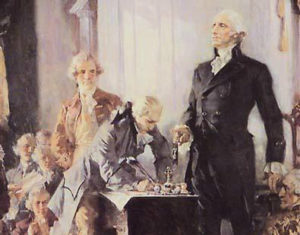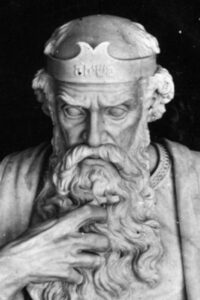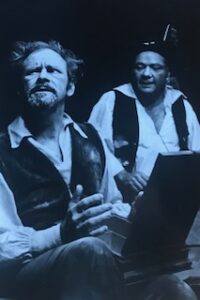This is the time of year when the formation of our nation is remembered, the courage of those men and women who gave their “lives, their fortunes, and their sacred honor,” for the democracy we enjoy today. Rightly so. But there are also real gems in our history that are noteworthy and reveal the depth of upright character.
Charles Asgill was a nineteen-year-old captain in the British army who had been captured and held in a prisoner of war camp in Lancaster, Pennsylvania. Some months before British Loyalists had executed a captain in the Continental Army in retaliation for the death of a Loyalist soldier. The game of tit-for-tat had begun, and pressure mounted on Washington to hang a prisoner of the equal rank of captain. Washington gave the order for execution in November of 1782.
Asgill was one of twelve captains held in captivity at that camp in Lancaster. No captain stood out as particularly heinous, which would have made the selection process much easier. So twelve slips of paper were tossed into a hat and passed around the group. The “casting of the lots” seems to never go out of style.
When Asgill withdrew his slip, it read “unfortunate.” Unfortunate indeed. An intense letter writing campaign ensued to spare the captain, led by Asgill’s mother, which inspired the French Foreign Minister to solicit on the captain’s behalf. Washington certainly felt the pressure from those howling for blood revenge, but the General was looking for any reason to stay Asgill’s execution and these letters of a mother moved him to persuade Congress to spare the young man’s life.
This incident inspired a French artist and playwright to write a play based on Washington’s intercession. Jean Louis Le Barbier sent a copy of his play to Washington with this note, “I hope, Sir, you will not disapprove of my zeal in publishing your sublime virtues in my performance.”
What a beautiful example of art imitating life, and while we are all flawed humans with “feet of clay,” there is much to be said for remembering the “subline virtues” in the character of a general who became our first president.





